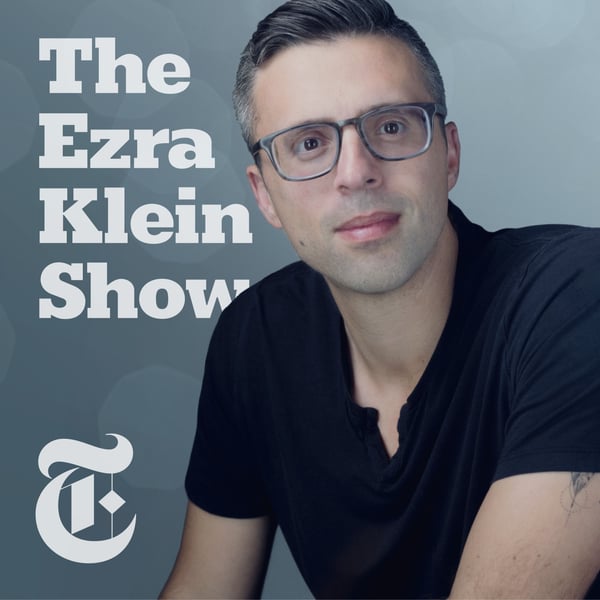Fareed Zakaria Has a Better Way to Handle Russia — and China
The Ezra Klein Show
New York Times Opinion
4.6 • 11K Ratings
🗓️ 4 March 2022
⏱️ 67 minutes
🧾️ Download transcript
Summary
Transcript
Click on a timestamp to play from that location
| 0:00.0 | I'm Ezra Clan and this is the Ezra Clan Show. |
| 0:22.8 | It is eerie knowing that you have lived through the end of an era and that you're now |
| 0:27.5 | witnessing the birth of another. For most of my life, foreign policy has not been dominated |
| 0:34.9 | by great power conflict and that is a defining characteristic of that period. There have been crises, |
| 0:42.0 | there have been wars, there have been horrors, but America is too strong and other countries too |
| 0:47.1 | weak to really worry about world wars or even cold wars to see the world as this great power |
| 0:52.9 | chessboard. That's changed. I don't know where you mark it exactly, but it's like the old line |
| 1:00.3 | about how bankruptcy happens. First the era ended slowly and then it ended all at once. It ended |
| 1:07.3 | slowly as China rose in power, in wealth and then it ended all at once with Russia's invasion of |
| 1:14.1 | Ukraine and the sharp revitalization of the NATO alliance to some degree of a Western identity |
| 1:21.3 | in response. So we are again in an era of great power, something, great power competition, |
| 1:28.7 | great power conflict, but what, what kind of conflict, what kind of competition, what are the lines? |
| 1:36.8 | Should Russia and China be understood as many in the West are arguing as a neo-authoritarian block? |
| 1:41.8 | Should we see the lines as these open democratic societies against the closed authoritarian regimes? |
| 1:47.3 | Should Russia be understood as great power at all? Or is it something closer to a rogue state |
| 1:54.5 | or even a vassal state increasingly of China? I mean, they're GDP, it's roughly that of Italy. |
| 2:00.0 | They're not an economic peer of the US, they're not an economic peer of China. |
| 2:04.8 | What is the European become now that Russia has roused its fury, its collective identity, |
| 2:10.8 | and maybe most importantly its defense spending? And I think this is actually the most important |
| 2:16.6 | question of all, what is China in all this? Is a cold war, much less a hot war between China and |
| 2:23.6 | the US inevitable? Or is that a choice? And one we can choose not to make? Can Russia and China |
| 2:30.4 | be split from each other if we make the right decisions? The most dangerous moment in a foreign |
... |
Please login to see the full transcript.
Disclaimer: The podcast and artwork embedded on this page are from New York Times Opinion, and are the property of its owner and not affiliated with or endorsed by Tapesearch.
Generated transcripts are the property of New York Times Opinion and are distributed freely under the Fair Use doctrine. Transcripts generated by Tapesearch are not guaranteed to be accurate.
Copyright © Tapesearch 2025.

